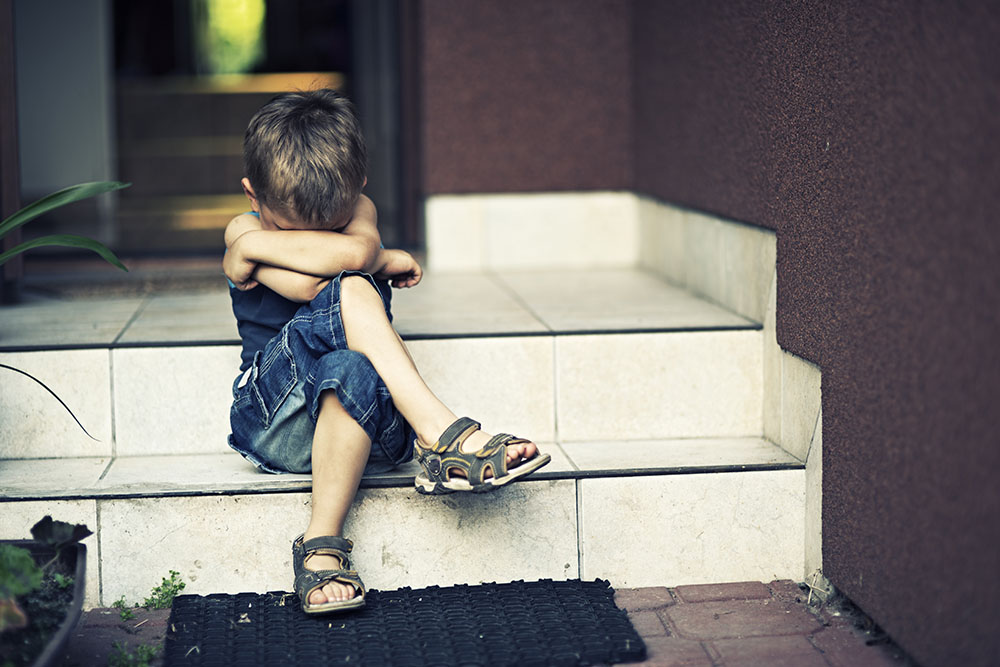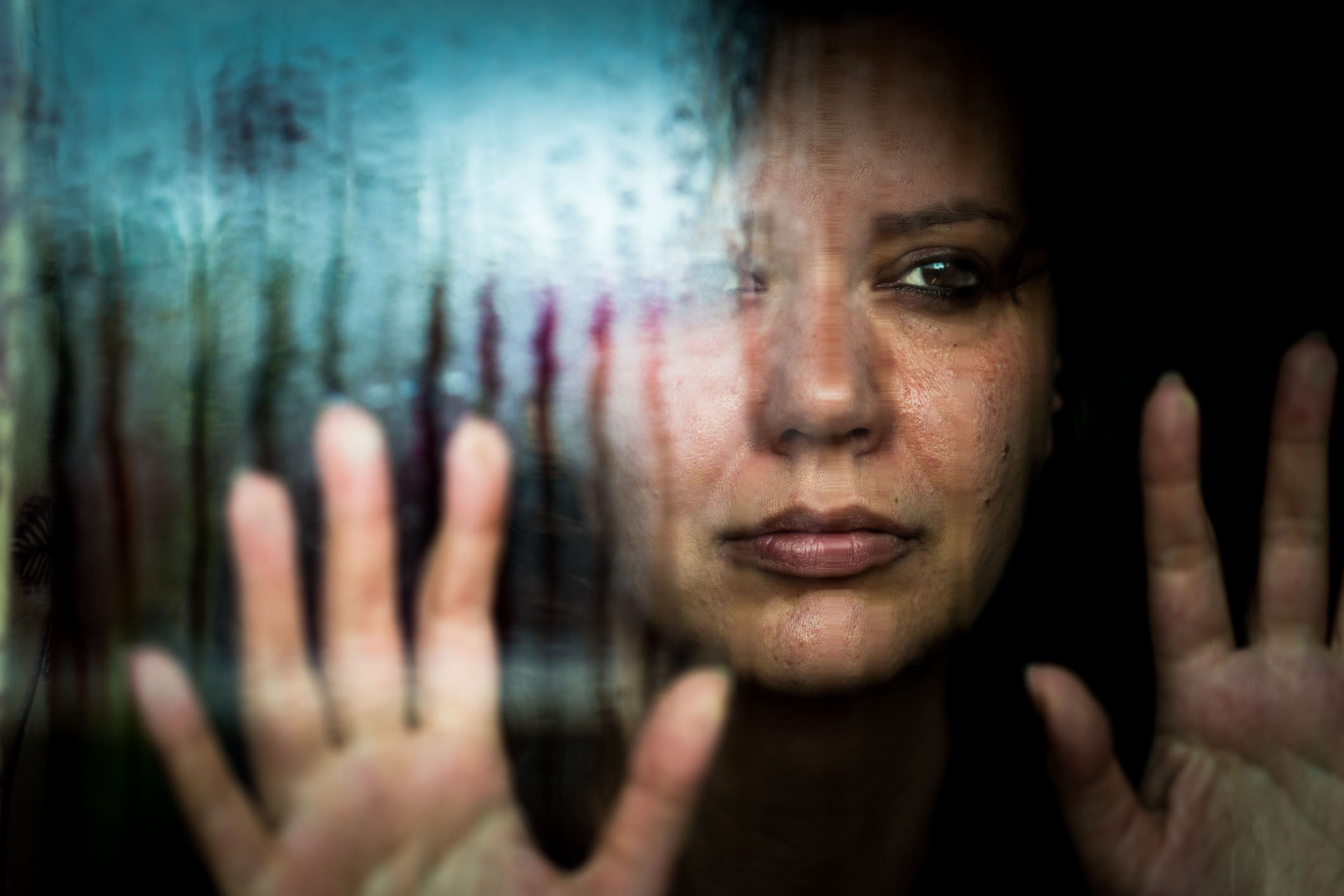
A national survey commences this week to find out for the first time how many Australians have experienced child abuse.
- 10,000 Australians invited to take part in a study of childhood experience of abuse
The Australian Child Maltreatment Study (ACMS) is led by QUT Professor Ben Mathews in collaboration with an international team of researchers.
The $2.8 million study, funded by the National Health and Medical Research Council, the Australian Government, and the Australian Institute of Criminology, has three main parts, and is the most comprehensive national study in this field.
The survey will be conducted with 10,000 randomly drawn participants, aged 16 and over from across Australia, who will be invited to participate by advance text message and then by mobile phone.
Professor Mathews said the results of the survey would generate Australia’s first reliable estimate of the prevalence and co-occurrence of all five forms of child maltreatment: sexual abuse, physical abuse, emotional abuse, neglect, and exposure to domestic violence. It would also measure other major childhood adversities including bullying.

"We have a strong focus on sexual abuse in childhood, including contact and non-contact acts, sexual harassment, and online victimisation. This is particularly important given current national calls for better prevention of sexual violence,” Professor Mathews said.
“Domestic violence experienced in adulthood is also a massive national issue, and so we are also generating national data about intimate partner victimisation including physical violence and multiple types of coercive control.
“So, the ACMS will produce the first reliable evidence from a study of the national population about both exposure to domestic violence in childhood, as well as the experience of intimate partner violence as an adult.
“We will also identify the ages at which child maltreatment is most common, and who most often inflicts these experiences. This will provide evidence to help inform better ways to prevent abuse in future.”

Professor Mathews said the ACMS would measure associations between child maltreatment and health throughout life.
“This includes assessing mental health, physical health, and tobacco, alcohol and drug use,” he said.
“Our study’s strong focus on mental health is essential, because child maltreatment is the leading preventable risk factor for mental illness and substance abuse.”
Co-researcher Professor James Scott from QIMR Berghofer Medical Research Institute said: “Reducing the prevalence of child maltreatment offers the greatest opportunity to prevent mental illness, suicide and other serious health problems in the Australian population.”
Co-researcher Professor Rosana Pacella, Director of the Institute for Lifecourse Development at the University of Greenwich, said the study’s comprehensive approach would also generate better international evidence of disease burden attributable to all five forms of child maltreatment.
Co-researcher and psychologist Dr Hannah Thomas from Queensland Centre for Mental Health Research & the University of Queensland said participation in the ACMS is voluntary, anonymous and confidential.
“Strong protocols are in place to protect all participants’ welfare, and provide access to professional support where necessary,” Dr Thomas said.
Professor Mathews said: “Overseas studies have shown people are willing to complete these surveys, and think it is important to assist with this kind of research. The ACMS is extremely rigorous by world standards.”
The research team also has a strong focus on engaging with government, non-government and community stakeholders to translate the study’s findings to policy and practice.
Co-researcher Professor Daryl Higgins, Director of ACU’s Institute of Child Protection Studies, said: “The ACMS findings will provide governments and policymakers with the evidence needed to inform decisions about how we can best invest resources to reduce child maltreatment, respond to its effects, and improve ongoing prevention.”
The study will be the benchmark Australian Child Maltreatment Study. The team hopes to conduct further studies to understand how to strengthen resilience and reverse the effects of childhood adversity. Initial results will be available in 2022.
Research team members are:
Professor Ben Mathews (QUT), Professor Rosana Pacella (University of Greenwich and QUT), Professor Michael Dunne (QUT), Professor James Scott (QIMR Berghofer Medical Research Institute), Professor David Finkelhor (University of New Hampshire), Dr Franziska Meinck (University of Edinburgh), Professor Daryl Higgins (Australian Catholic University), Dr Holly Erskine (The University of Queensland & Queensland Centre for Mental Health Research), Dr Hannah Thomas (The University of Queensland & Queensland Centre for Mental Health Research), and Dr David Lawrence (University of Western Australia).
For further information, see the Australian Child Maltreatment Study website (www.australianchildmaltreatmentstudy.org) or contact the ACMS Project Manager, Dr Divna Haslam d.haslam@qut.edu.au or Professor Ben Mathews b.mathews@qut.edu.au
The Australian Child Maltreatment Study is funded for five years by the National Health and Medical Research Council, with additional funding and contributions provided by the Department of the Prime Minister and Cabinet, Department of Social Services, the Australian Institute of Criminology, and QUT.
QUT Media contacts:
Niki Widdowson, 07 3138 2999 or n.widdowson@qut.edu.au
After hours: Rose Trapnell, 0407 585 901 or media@qut.edu.au

